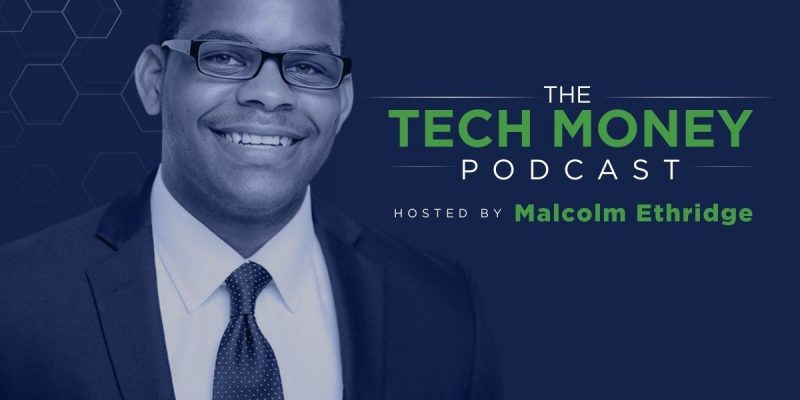Following the bursting of the dot com bubble in 2000 that stretched all the way into 2002, the American public developed this feeling that the stock market was rigged against them. And considering how many company insiders and those in the know on Wall Street were revealed to have been selling at a time when they were still encouraging retail investors to keep buying, I’d say that sentiment certainly had some merit.
But what also followed that seminal moment in investing history was nearly two decades of inactivity, indifference, and outright hatred of the stock market, mostly by a generation of younger investors, who at the time were in their 20’s and early 30’s, and in some cases, never returned to the markets in a meaningful way.
On this episode, Malcolm Ethridge sits down with Seth Wunder, Chief Investment Officer at Acorns, to discuss ways to keep younger investors engaged and interested in the stock market. Malcolm and Seth also share anecdotes from their own respective investing journeys, as well as some advice for parents wondering how and when to introduce investing to their children.
Seth discusses:
- Why prioritizing financial education helps make wealth building tools more accessible to everyone
- When to start talking to your children about investing
- Why the lows in trading after the pandemic highs shouldn’t deter you from long-term investing
- What types of investments young investors want to avoid and why they’re interested in Environmental Social Governance
- And more
Resources:
Connect With Seth Wunder:
Connect With Malcolm Ethridge:
- The Tech Money Podcast
- LinkedIn: Malcolm Ethridge
- Connect with Malcolm
- @MalcolmOnMoney
About Our Guest:
Seth Wunder is the Chief Investment Officer of Acorns, the app designed specifically for novice investors. Before joining Acorns, Seth founded and served as a Portfolio Manager for multiple different asset managers in Los Angeles and New York. He is also a chartered financial analyst and spent the beginning of his career focused on the technology sector at Morgan Stanley as an Equity Analyst.
Podcast: Play in new window | Download | Embed
